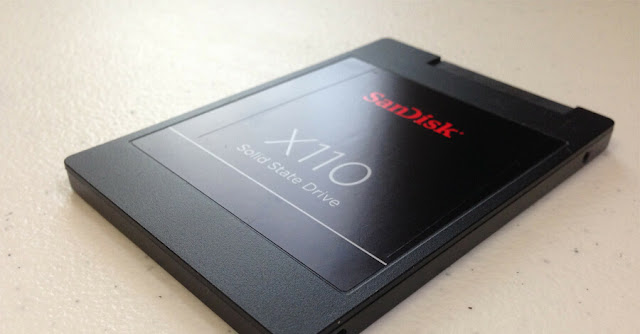If you are buying SSDs you have probably heard/read that they last shorter than HDDs, but should this be the deciding factor whether to buy or not? And how long can an SSD really last for one average user, and how long in general?
To get answers to these questions one has to perform tests on several units and under different conditions. Several good studies give us interesting results, and these are some of them.
1. A joint study by Google and the University of Toronto
Together, they conducted a study on the durability of SSDs based on their age, rather than based on the number of terabytes subscribed. During 4 years of testing on its servers, Google had to change fewer SSDs than HDDs, approximately 1: 4. But SSDs had more errors and bad sectors. So, under higher load, SSD units lasted longer, but with more errors.
2. The Tech Report
They tested 6 SSD brands, and only Samsung, Kingston, and Corsair managed to survive after writing 1,000 terabytes (1 petabyte) of data. Others did not withstand more than 900 subscribed terabytes (many stopped working at about 700 TB). The conclusion they came to is that an SSD of about 250 GB will stop working before it manages to write 1 petabyte of data. However, higher capacity units should last longer as they have more writing sectors, so 1TB ones will stop running at about 3.6 petabytes entered.
3. Facebook study
Facebook also tested SSDs on its servers and published the study publicly. They focused on the environment in which SSDs are located and came to the conclusion that heat has a very negative effect on life expectancy - which is to be expected. In addition, they tested and came up with opposite results than Google on the impact of enrollment and readings on life expectancy. Although these results are probably not 100% accurate, in the latter part of the testing, the age of the SSD is also affected. And another interesting fact that they came up with is that the first signs of the bad condition of the SSD and the first errors do not necessarily mean that the SSD is running out, but on the contrary, if that happens, the SSD will last longer than the software estimates.
The average user doesn't have to worry
Reading this data and conclusions, you may have already given up on buying, thinking that your SSD will burn out after a few years, but don't worry. The tests were performed on machines that wrote/read huge amounts of data constantly, every day, for years - the so-called stress tests.
For the average user to be able to reach the SSD by the end of his life by typing 1 petabyte of data, he would have to use a computer nonstop for ten, or even a few tenths, years. Even gamers and advanced users will probably never reach that number before the SSD comes out of warranty.
In short: it will probably be time to buy a brand new computer before the SSD fails.
Tips
BUT, there is always that "but", there is certainly a chance that the SSD will fail as there is the same chance to fail any other computer part and the electrical device in general. So buy a quality SSD from reliable companies (Samsung, Kingston, and Corsair are mentioned) because they use more advanced technologies, better quality materials, etc., and generally give a guarantee for a longer time. In addition, always back up the most important data (if you don't already want everything). It is also wise to use an SSD only for the system and not keep important files on that partition.
I bought the Samsung Evo 850 250GB and I chose it precisely because I know that Samsung is a reliable company and makes quality components, and I also received a 3-year warranty. I put the system on the whole SSD and the data on a 1TB HDD. If something happens to the SSD, no problem, I don't have anything important there, and the system works fast.

Comments
Post a Comment